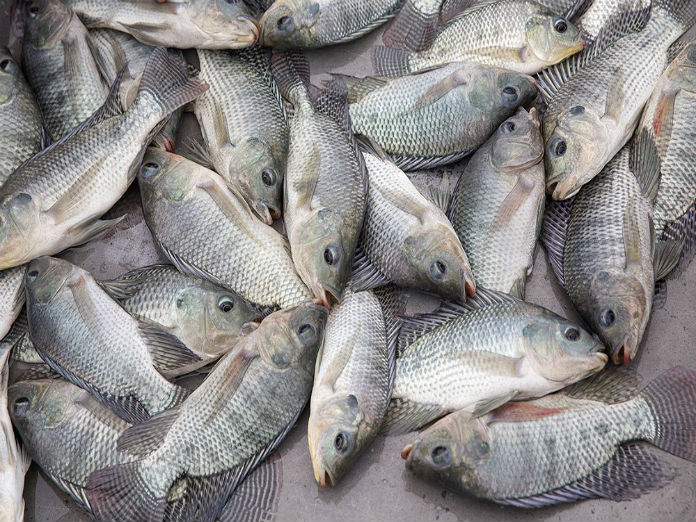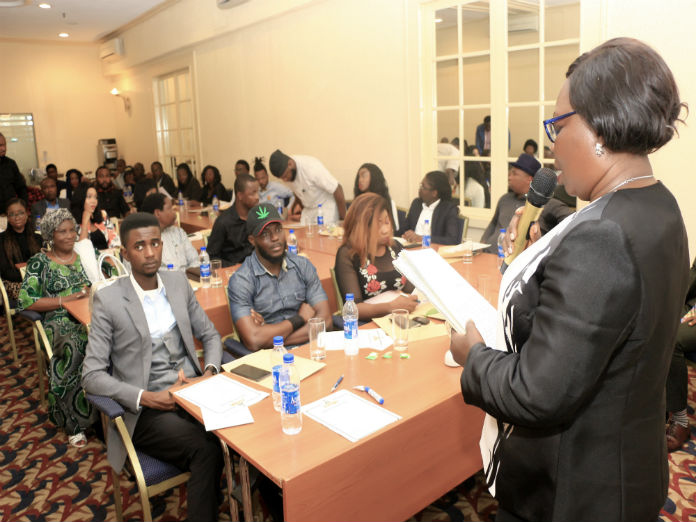Cost of fish production: Why FG Should Commercialize Grass-Eating Fish Species- FIDSON
The Fisheries Society of Nigeria (FISON) has urged the Federal Government to commercialise the culturing of herbivorous fish species, to tackle high cost of fish production.
The society made the call in Lagos on Thursday during the National Fisheries Stakeholders Forum, tagged: “Harnessing the Potential of Non-State Actors in Fisheries and Aquacultural Development in West Africa”.
Participants at the forum said that aquaculture researchers should develop the herbivorous specie (grass-eating fish) and make them available to farmers, so that Nigerians would have variety of fish species to choose from.
Dr Lukman Agbabiaka, National President of FISON, said Nigeria could not continue to propagate ‘fish eating fish’ policy, which was not helping the industry.
Agbabiaka said that fish is a major ingredient for fish meal production, which has a negative effect on the cost of production, and trickles down to the cost of retail prices of fish.
“The cost of producing fish in Nigeria is very high; and this is due to the fact that fish meal, which takes over 70 per cent of the cost of production, is majorly from fish.
“We should be looking at cultivation of herbivorous fish, which is the fish eating grass specie. We cannot continue to propagate fish eating fish, because that is what kills the sector.
“Over 70 per cent of production goes into fish feeds; but grass will be cheaper to cultivate, and the grass-eating fish is very delicious,” he said.
Agbabiaka urged stakeholders in the sector to diversify into other value chains, especially the shell and scale fish sections, because of the opportunities embedded in the sections for economical relevance.
Mrs Folake Areola, a former Director of the Federal Department of Fisheries (FDF), said that the herbivorous fish specie like grass cap should be considered.
According to Areola, the grass cap specie is very delicious and commands a high market price in the international market, compared to other culture fish species.
“We need to commercialise production of the grass cap, to expand the local and international markets. There is currently no focus on the specie even though it is in Nigeria.
“There is also mallet, which most coastal communities already know, and people love their taste and flesh; so, what are we waiting for to develop that specie? Nigeria needs varieties,” she said.
Mr Babatunde Olusegun, Director of Fisheries and Aquaculture of the Federal Ministry of Agriculture and Rural Development, said that there was a demand gap of about 2.4 million metric tonnes of fish.
According to Olusegun, Nigeria currently produces 1.1 million metric tonnes of fish, while the annual demand is 3.5 million metric tones, giving room for importation to close the deficit.
He called for private sector partnership to create an enabling environment through well-thought out policies, to guide the growth of the industry.
Source: NewsBreakNG




